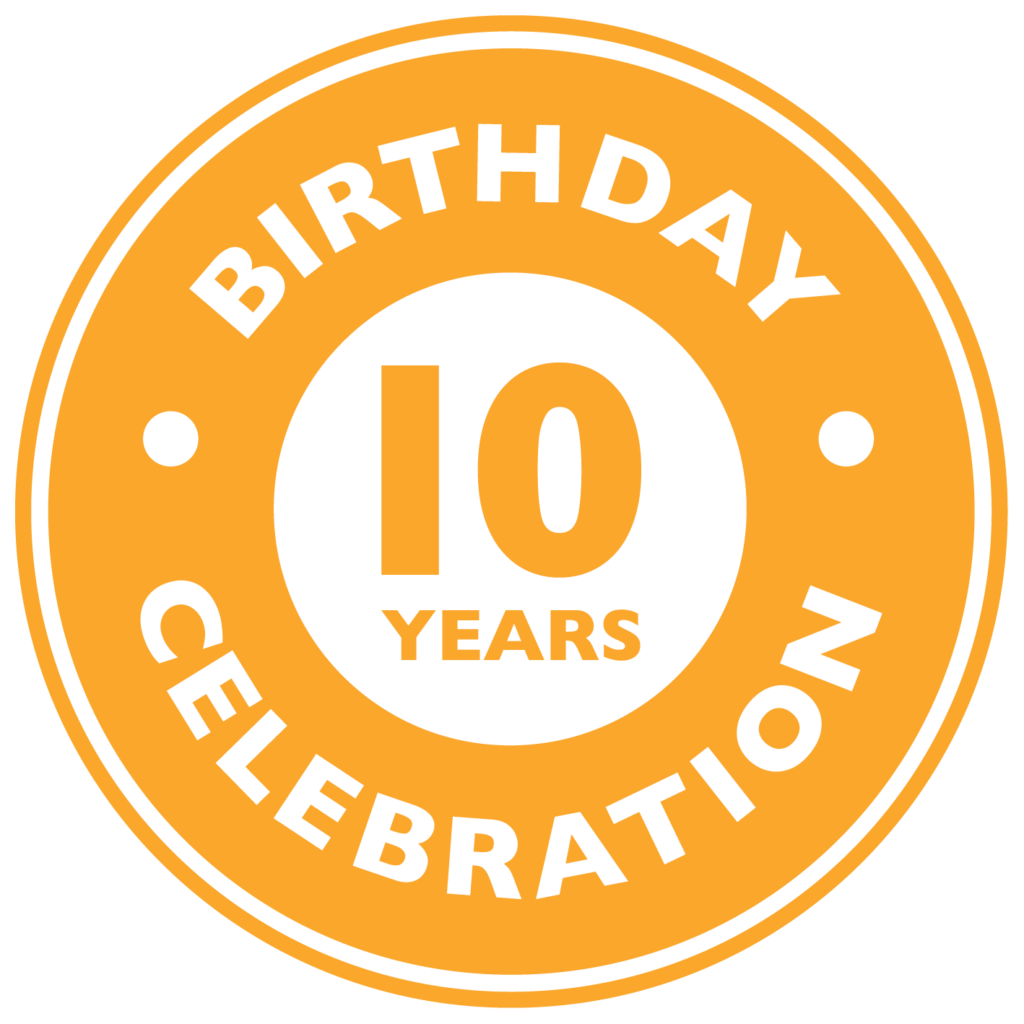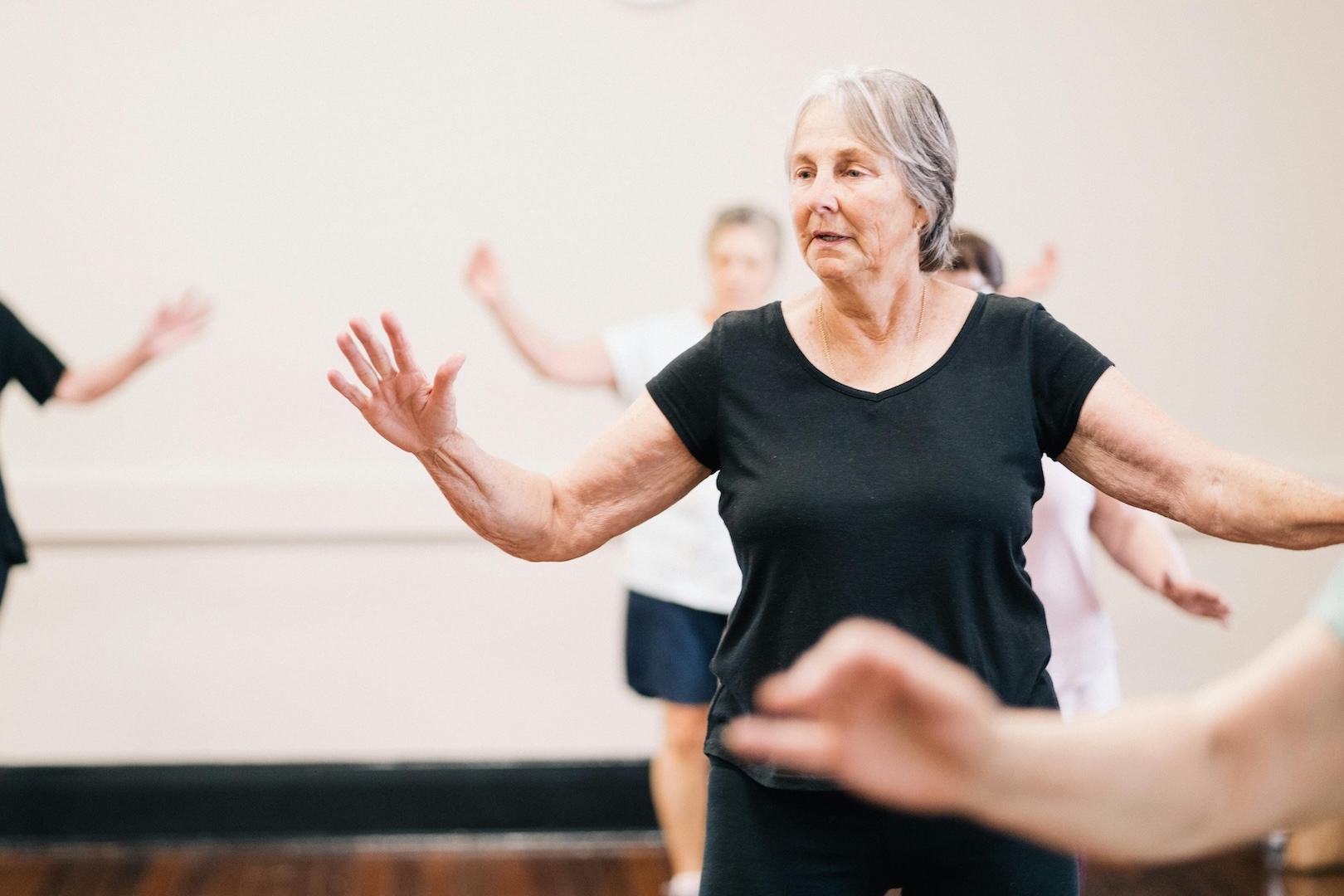You may have heard people talk about occupational therapy (OT), or maybe someone has even recommended you see an occupational therapist. But what exactly is occupational therapy and what do occupational therapists do? Read on to have all your occupational therapy-related questions answered!
What is an occupational therapist?
Occupational therapists (OTs) are degree-qualified clinicians (usually holding a degree in occupational therapy) skilled in treating people who due to injury, illness, or circumstance experience limitations in the how they undertake daily tasks. OTs help their clients to achieve greater independence through the development of particular skills or functions relating to self-care, community participation, work or school, or leisure. OTs are excellent problem solvers, innovative thinkers, adaptable to a variety of people and circumstances, and know how to communicate effectively.
What is an occupation?
For occupational therapists, the technical definition of ‘occupation’ differs slightly from our traditional understanding of the term. OTs define an occupation as any activity in which a person engages that generates meaning in their life. Occupations are important, because they constitute the activities that are essential to daily living, or the tasks that ‘occupy’ our time – activities that people need, want, or are expected to do.
Why is occupational therapy important?
Occupational therapy is all about helping people engage in activities that are meaningful to them. Generally these activities will fall into the areas of personal care, daily living tasks, work, community-based activities and leisure activities. Specifically, occupational therapists are key in assessing and developing programs to assist with skill building in the following categories of occupations:
- Personal care: including bathing, toileting, dressing, personal hygiene, mobility and transfers
- Instrumental activities: including cooking, cleaning, laundry, pet care, paying bills
- Community access: including using public transport, accessing shops, paying bills and attending cafes
- Work: including preparing for work, accessing work, work skills and having an ergonomic work environment
- Leisure: including going to the movies, visiting the beach, visiting friends, attending classes or interest groups
What does an occupational therapist do?
The diversity of activities people find meaningful requires OTs to utilise a broad repertoire of skills, be creative in their thinking, and innovative in their approach. The scope and complexity of an occupational therapist’s work is reflected in the range of key responsibilities that make up their profession, such as:
Assessments and evaluations
OTs will assess a person’s living situation, current supports, assistive technology, therapy needs and existing home modifications, and then make recommendations about suitable Occupational Therapy intervention to assist with goal achievement. OTs also undertake review assessments to track progress as their client’s work toward their goals.
Functional Capacity Evaluations are more in-depth analyses of a person’s overall abilities and functional levels, involving standardized testing across a range of daily activities. The OT will compile a report for supporting the necessary recommendations.
Interventions
Therapy programs, rehabilitation, and condition management
Interventions like therapy programs, rehabilitation and condition management are integral to improving quality of life. OTs can conduct detailed assessments of illness, injuries or other conditions and implement customised, evidence-based solutions for remedial or compensatory outcomes relating to improved function. OTs are also equipped to give advice and implement interventions and recommendations aimed at reducing and/or managing pain, as well as specific interventions relating to sensory assessments and programs, falls prevention and manual handling.
Home Modifications
OTs are qualified to assess, recommend and case manage the implementation of home modifications from simple (e.g. the installation of grab rails) to complex (e.g. complete bathroom modifications). The process involves standardized assessment, functional review, scoping of works, onsite meetings with builders and completion of an in-depth report and justification document for approval.
Assistive Technologies
OTs are also skilled at identifying and scripting the most effective assistive technology to help a person in reaching their occupation goals. OTs will conduct an assessment, functional review, trials with suppliers and reporting and justification documents for approval to aid their clients in acquiring assistive technology, such as wheelchairs or hoists, that increase independence and improve quality of life.
Other interventions
It is important to remember that interventions extend beyond the home environment. OTs are often involved in other important interventions that help their clients gain autonomy such as assistive animals and vehicle modifications.
Education, support and skills building
OTs are well positioned to assess and develop programs that assist with skill building across a multitude of areas relating to personal care, important activities, community access, working and schooling, and leisure. OTs also assist family members and care givers in the areas of education, training, support, and advice.
How do I access occupational therapy?
There are a variety of occupational therapy funding options available depending on a person’s individual circumstances. These might include access to the NDIS (National Disability Insurance Scheme), Home Care Packages, DVA, Medicare, Transition Care Services or Workcover to name a few. The easiest way to explore your options, and assess your eligibility is to discuss your circumstances with a support coordinator or service provider. Our team is always available to discuss your needs.




